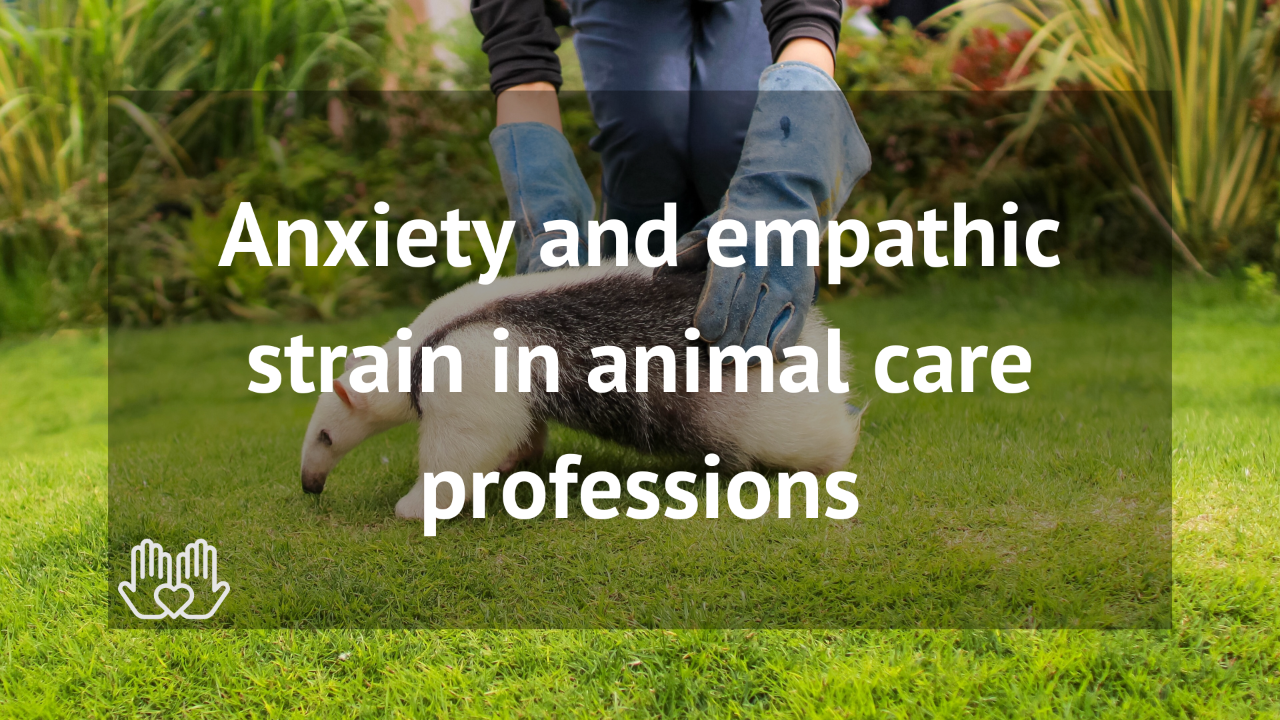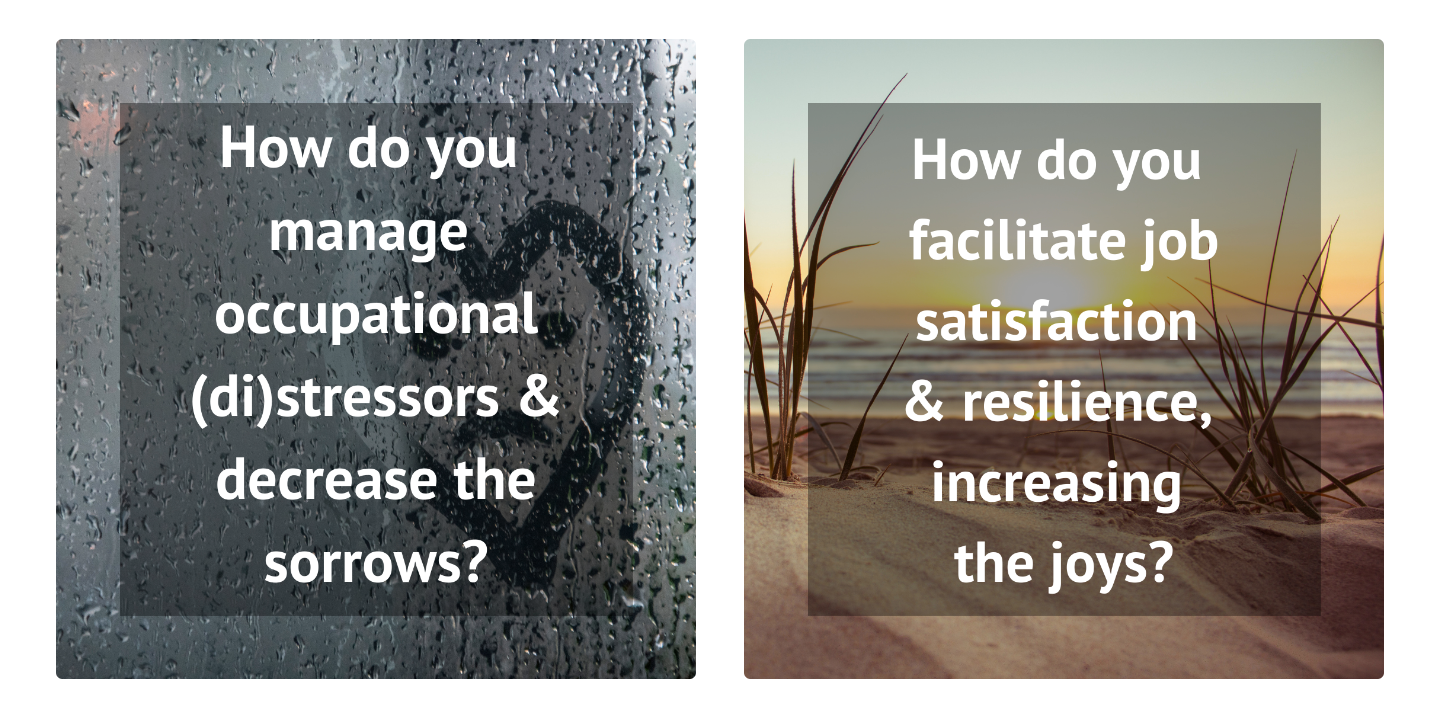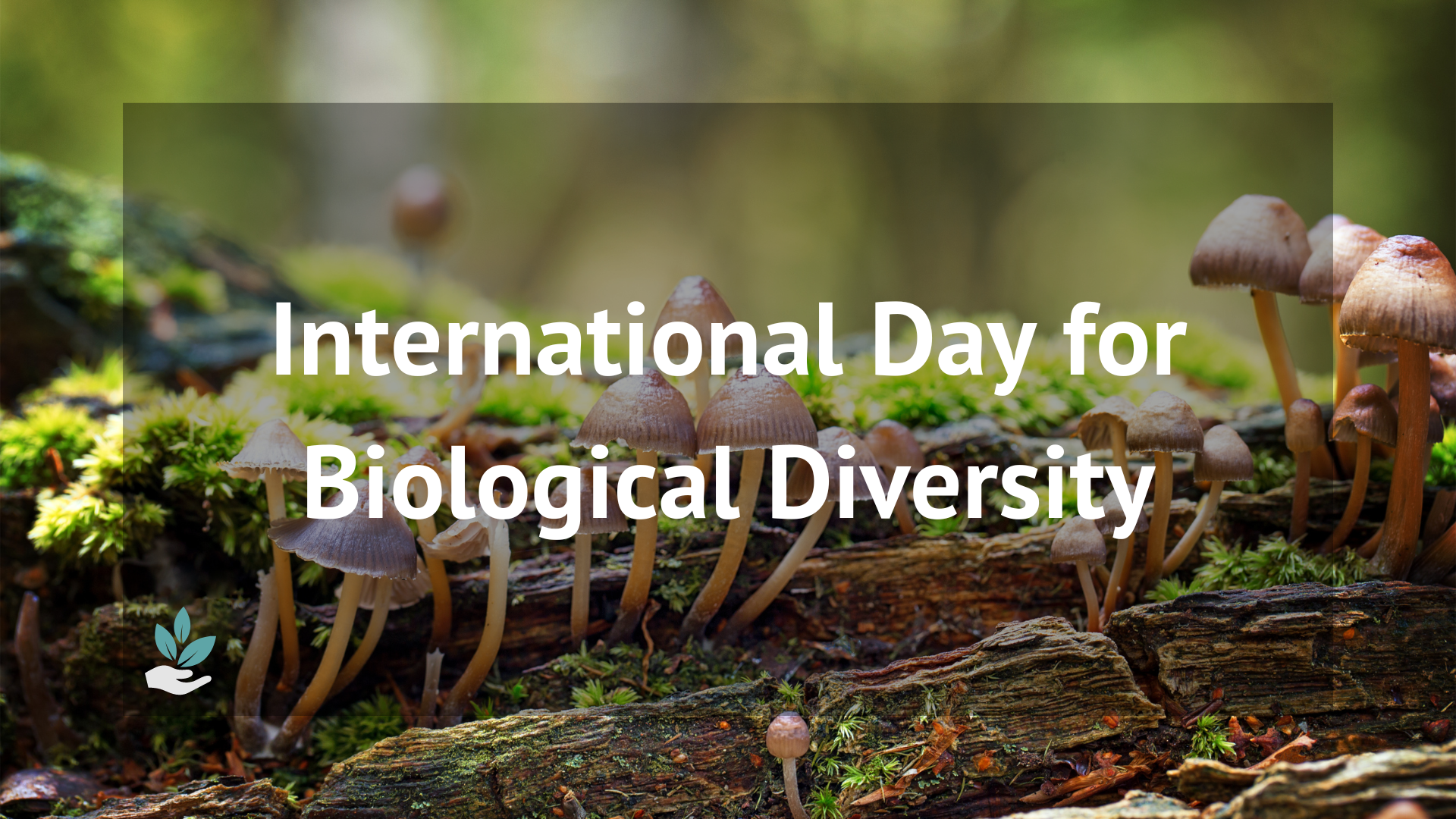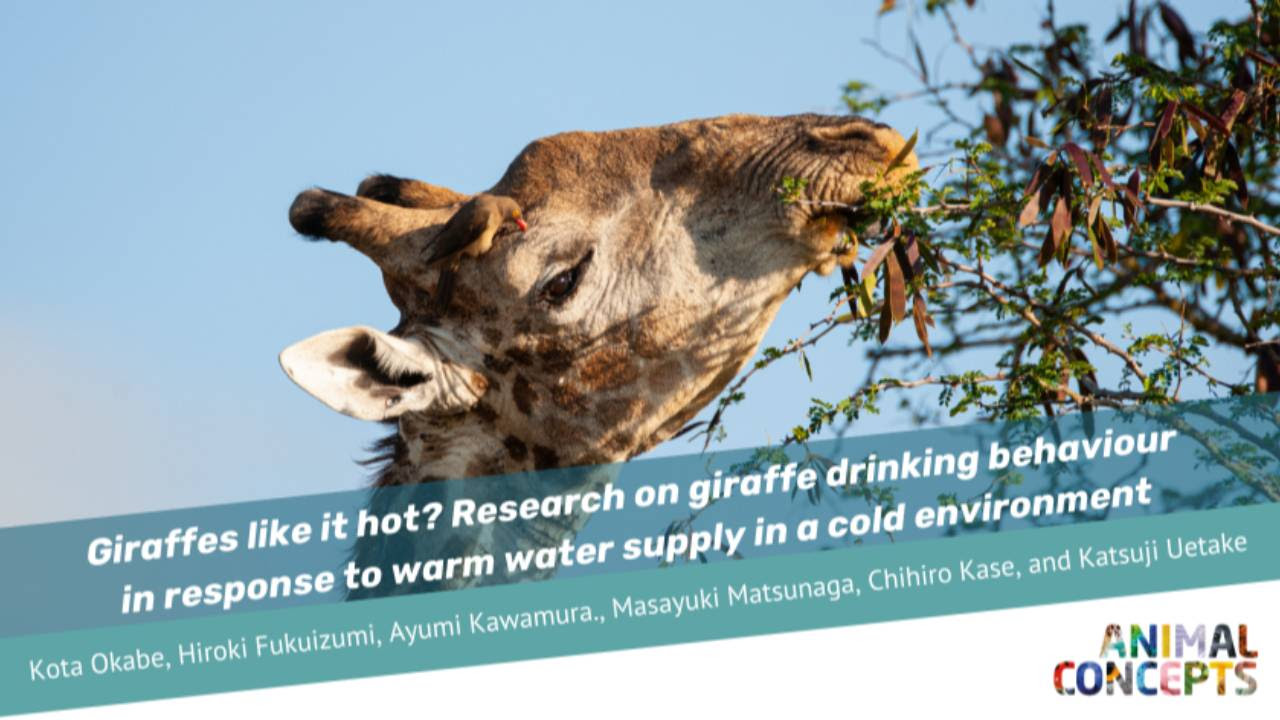Anxiety and empathic strain working with animals, International Day for Biological Diversity & SiP #152 Giraffe drinking behaviour

The joys and sorrows in animal care professions
Mental Health Awareness Week took place last week. The official theme for this year, as set by the Mental Health Foundation, was ‘anxiety'. It is key to highlight the importance of mental health and the challenges many people face as well as the joys of this work, possible resources and solutions. It promotes open dialogues regarding mental health, offers knowledge about accessible resources and support networks, and advocates for self-care and we-care practices that enhance wellbeing, which are part of care, respect, and real love in the workplace.
The nature of the job
Various factors can trigger feelings of anxiety, such as the stress of exams, relationships, the beginning or loss of a job, and other life events. Experiencing anxiety while working at zoos, aquaria, sanctuaries or other animal institutions can be a challenge for some individuals. Working with animals involves the pressure to ensure the wellbeing of the animals, handling large crowds, and dealing with unexpected situations. Additionally, the responsibility of educating the public about animals and conservation can add to the stress and anxiety levels. Caring for animals also has many positive sides such as good relationships with animals, interactions with visitors, participating in education and conservation programs, and working in a team to make a difference have all been expressed as highlights of what is considered by most people a meaningful job. Sometimes the nature of the job can contribute to feelings of anxiety and/or empathic strain - formerly known as compassion fatigue.
Empathic strain
Recently a shift of terminology has been proposed and why empathic strain is a better choice. The ability to identify or feel the feelings and perspectives of others, including pain and suffering is known as empathy while "our ability to recognise the suffering of another without taking on that suffering as our own, combined with an authentic desire to alleviate the suffering of another” (Diana Tikasz) is known as compassion. In unconscious attempts to protect ourselves from feelings of pain and distress, the strain of repeated interactions with others who are suffering - or that we perceive as suffering, can result in us withdrawing and numbing ourselves to the experience of others. Compassion releases hormones such as dopamine that promote pro-social behaviour helping us to stay connected and motivated. The good news is that compassion does not get fatigued, and we can learn to shift from an empathic to a compassionate state, energising us to continue to do our jobs, and doing good while feeling well.
We-care practices
It is important to recognise that each person's experience may vary, and just as with animal care and wellbeing programs, also human wellbeing in zoos and other animal care facilities requires attention, resources, and support.
Self-care practices
It is crucial for all individuals in these professions to prioritise self-care, establish healthy boundaries, and seek support and resources to manage both anxiety and compassion fatigue, as well as celebrate and highlight the beautiful, caring. Self-care practices can include activities like engaging in hobbies, exercising, prioritizing rest and sleep, practising mindfulness or meditation and ensuring a healthy work-personal life balance. If you need help, reach out to mental health professionals who specialise in these areas for guidance and tailored support.
Jessica Dolce and Sabrina Brando, both Certified Compassion Fatigue Educators via the Green Cross of Traumatology, discuss in this episode the importance of focusing on healthy boundaries and letting go, taking good care of oneself, and reaching out for support. You can listen to the episode HERE
Human wellbeing events and workshops, online & in-person
Would you like to organise an online training or in-person workshop on location regarding human wellbeing? Find out more about our workshop topics and services HERE


International Day for Biological Diversity
Monday 22nd May we celebrated The International Day for Biological Diversity (IDB), also known as World Biodiversity Day, which is an event proclaimed by the United Nations to raise understanding and awareness about the importance of biodiversity and the need to protect and conserve it. At present, nearly 2.16 million species of different organisms have been identified on our planet, ranging from complex plants and animals to microbes and other simpler organisms. And there are still countless species awaiting discovery.
The importance of biodiversity lies in the interconnection among all organisms within an ecosystem. As the diversity of organisms within an ecosystem declines, so does the capacity of the ecosystem to function and survive. Healthy ecosystems and the biological diversity they support are a source of food, water, medicine, shelter and other material goods. They also provide ecosystem services – the cleaning of air and water – which sustain life. Biological diversity resources are the pillars upon which we build civilisations.
Institutions work towards protecting biodiversity by adopting policies and guidelines from different initiatives and principles, such as the second pillar of the Earth Charter, Ecological Integrity, which recognises the importance of protecting and restoring the Earth's ecosystems and emphasises the need for sustainable use of natural resources. Goal 15 "Life on land" from the Sustainable Development Goals also focuses on the conservation, restoration, and sustainable use of terrestrial ecosystems, forests, and biodiversity. The aim of this goal is to ensure the protection and sustainable management of land resources, halt deforestation, combat desertification, and prevent the loss of biodiversity. Furthermore, an important key milestone took place in December 2022: the Convention on Biological Biodiversity adopted the “Kunming-Montreal Global Biodiversity Framework” (GBF), where nations of the world agreed on a historic package of measures considered critical to addressing the alarming loss of biodiversity and restoring natural ecosystems.
What are the current challenges, emerging issues, or specific ecosystems or species in need of conservation? Next month in the planetary wellbeing platform we will be exploring this topic, ways in which we can support the vast biodiversity on planet Earth, and the importance of maintaining biodiversity for planetary health. Sign up HERE to discover and access many resources, and learn anytime, anywhere.

INTERBEING
INTERBEING is 4 interconnected platforms & an online community, which continues to grow with new content every week! Another Science into Practice is available on the animal wellbeing platform, as well as new foundations, human, and planetary wellbeing content. Want to learn more? Sign up HERE to access, share, and learn anytime, anywhere.


